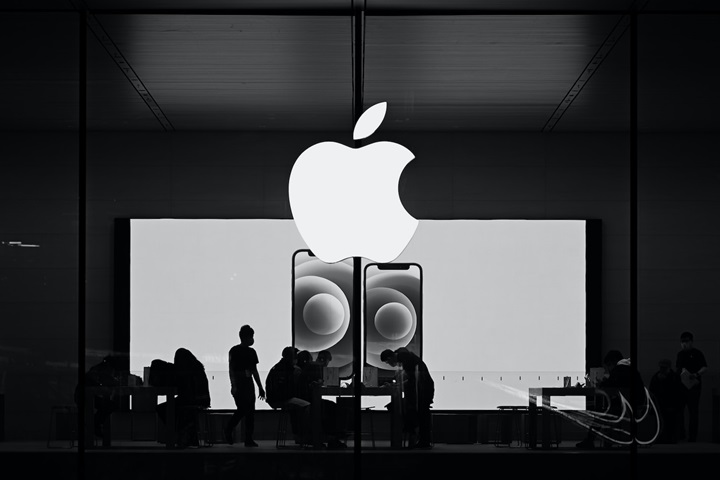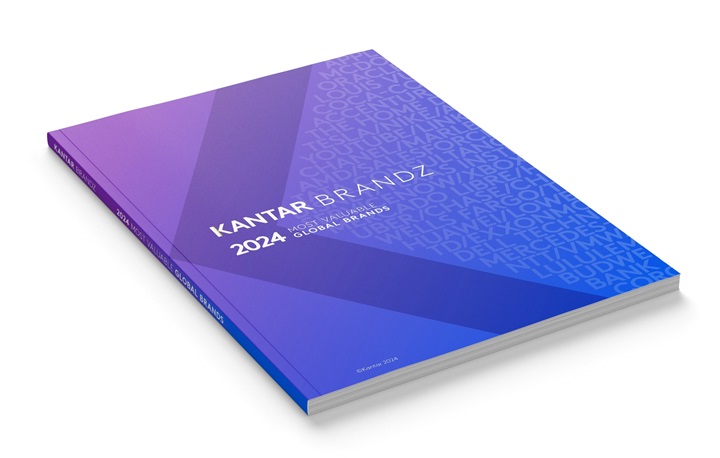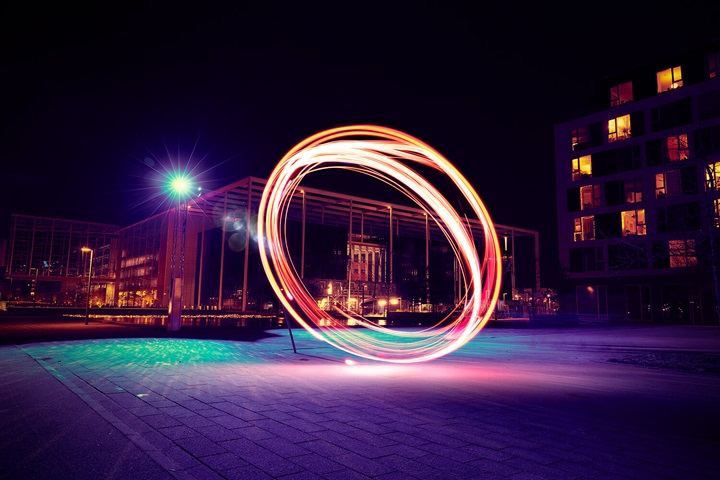It is clear that the pandemic, coupled with the explosion of indie brands and advances in AI, has turned the personal care industry upside down.
The market is saturated, and consumers are confused. As beauty becomes more personal than ever, there is a revolution brewing steadily, bringing about a shift in the landscape. Leveraging Dx’s AI technology and trends expertise, we analysed close to 90+ billion searches over five years across 100+ countries to unearth evolving consumer interest in the category.
The overarching theme that cuts across is the consumer need for holistic beauty accelerated by tech. That means providing for individuals in the emotional, physical, social, and spiritual realms whilst delivering on their personal care promises. So, let’s understand more about each area.

PHYSICAL REALM: Brands must deliver health and vitality through plant derived ingredients.
CONSCIOUSLY GOING BEYOND THE SURFACE
While searches around makeup continue to be big, interest has declined consistently. The inflection point was the beginning of the pandemic, when consumers started to reflect on their choices and become more interested in the growing health and wellness movement. In this context, skincare continues to grow from strength to strength, as consumers seek complexions that exude health and vitality.
In this context, tech is helping to push the vitality agenda further. Johnson & Johnson, for instance, is launching a 3D-printed, personalised skin health supplement under Neutrogena, in alignment with the growing ‘inside-out’ approach to beauty.

DILIGENTLY FOCUSING ON THE INGREDIENT STORY
These days, consumers are increasingly knowledgeable about high performing ingredients, and actively seek products that are plant derived and science driven. Key trending ingredients focus on exfoliation, acne treatment, immunity, wrinkles, and skin elasticity. The success of these ‘hero’ ingredients first found in facial care products has created a new hygiene expectation for the personal care category – one that is migrating into body care products. Brands such as Naturium and Paula’s Choice, for instance, appear to have begun to offer a portfolio of ‘powered-up’ body care products: niacinamide serum body wash, skin renewing retinol lotion, and brightening vitamin C body wash.

SOCIAL REALM: Personal care that ‘conserves.’
THE PURSUIT OF SOMETHING MEANINGFUL
Consumers are becoming more intentional about what they spend on. There is a growing cohort who expect products to align with their values. These values range across the spectrum, and include inclusivity, ultra clean credentials, sustainability, climate consciousness, social impact, and reviving traditional practices rooted in ancient wisdom. Brands are on a mission to reduce plastic waste in beauty; some, like the vegan makeup brand Axiology, only use 100% recycled and recyclable packaging. Izzy Zero Waste Beauty have taken this practice a step further: its containers are made from medical-grade stainless steel, to ensure that packaging remains reusable, refillable, and sanitary.

SPIRITUAL REALM: Stimulating the senses in new ways.
There is growing interest in activities and experiences that stimulate the senses in new ways. This includes physical experiences that trigger chemical reactions in the body: for example, ASMR, shamanism and psychedelic therapies. In this context, there are potential new marketing and innovation opportunities for cosmetics and skin care brands. For example, the ‘energy’ from objects is a well-established concept in shamanism. German brand Noesa has already innovated in this space, claiming to ‘harness light power to stimulate cell renewal, repair and growth to improve skin’s defence mechanism and overall health’. Another recent manifestation of this realm is the crystal facial rollers which have taken the market by storm. Innovation can come not only from products, but from application methods and techniques that stimulate the senses. It is still early days.
EMOTIONAL REALM: Custom built personal care that relieves.
EMOTIONAL WELLBEING THROUGH SKIN HEALTH
Already, we’ve observed the emergence of searches around skin-related issues linked to stress. This wellbeing element potentially stretches to providing beauty when hormones fluctuate: for example, French brand Typology offers serums that cater to each week of a woman’s menstrual cycle.

SPECIFIC, TECH-LED CURATION
Given the personal nature of skin, interest in products – and routines – that are customised to specific skin-related needs is on the rise. In this context, the start-up Proven has seen significant search growth thanks to its holistic approach towards providing ‘personalised, clinically effective skincare formulated based on consumer’s skin, life and environment’. They do so by using AI to customise skincare through their skin genome platform. More about tech-enabled life can be found on Dx Analytics, Finding the Future.

So, what’s next?
Aided by AI and other breakthrough technologies, brands need to deliver on the ‘holistic’ promise to provide a new level of personal care:
1. Physical realm – provide vitality: Successful brands cater to specific consumer needs through thoughtfully designed formulas that are efficacious and gentle.
2. Social realm – conserve the ecosystem: Successful brands conserve consumers’ ecosystems while also giving back.
3. Emotional realm – help relieve: Successful brands are actively fostering a higher sense of worth by rejecting harmful outdated norms – it is about how we feel, rather than how we look. The rules of engagement continue to evolve, and brands are consciously going deeper with consumers.
4. Spiritual realm – stimulate the senses: Successful brands are drawing on the growing interest in healing practices and ancient wellness techniques to provide consumers with a way forward in anxiety-riddled times.
The Kantar BrandZ Most Valuable Global Brands 2023 report, including analysis of the world’s personal care sector, is available now via global report.
For an overarching view of a brand’s performance, Kantar has launched a new, free interactive tool using BrandZ’s wealth of data. BrandSnapshot powered by BrandZ delivers intelligence on 10,000 brands in more than 40 markets, offering a quick read on a brand’s performance in a category.




